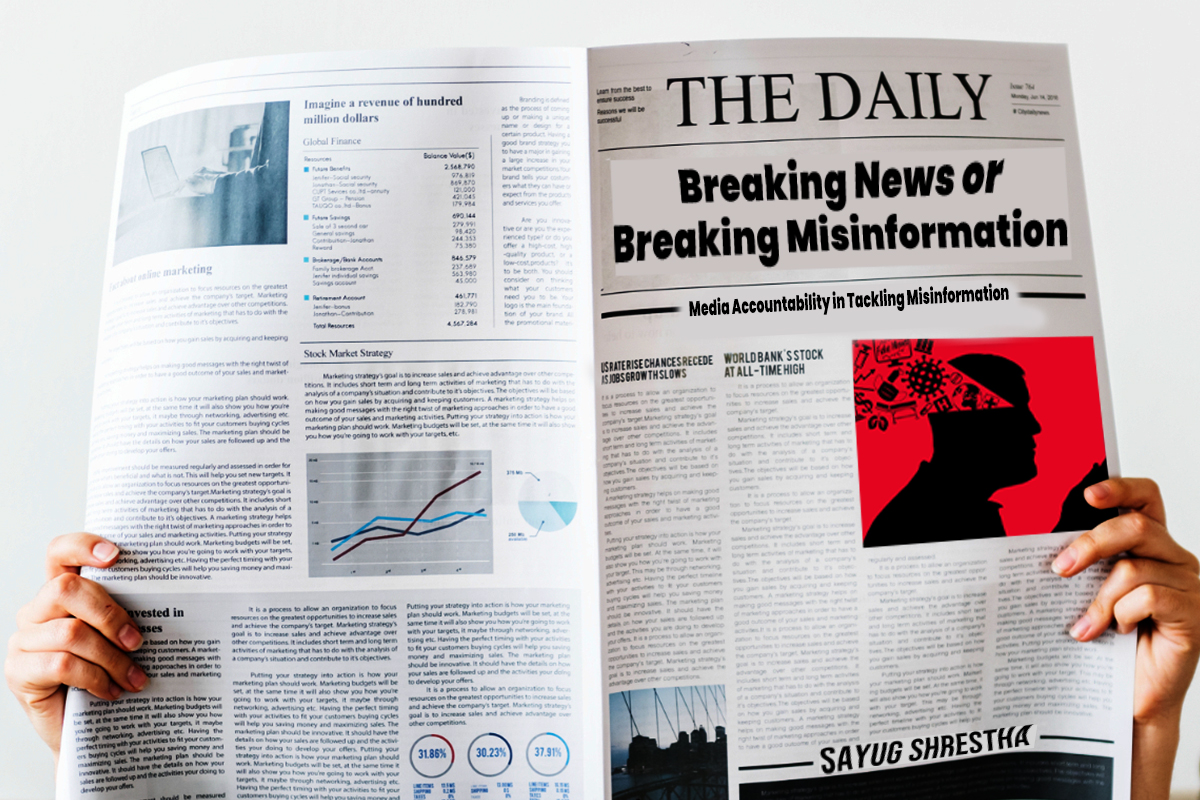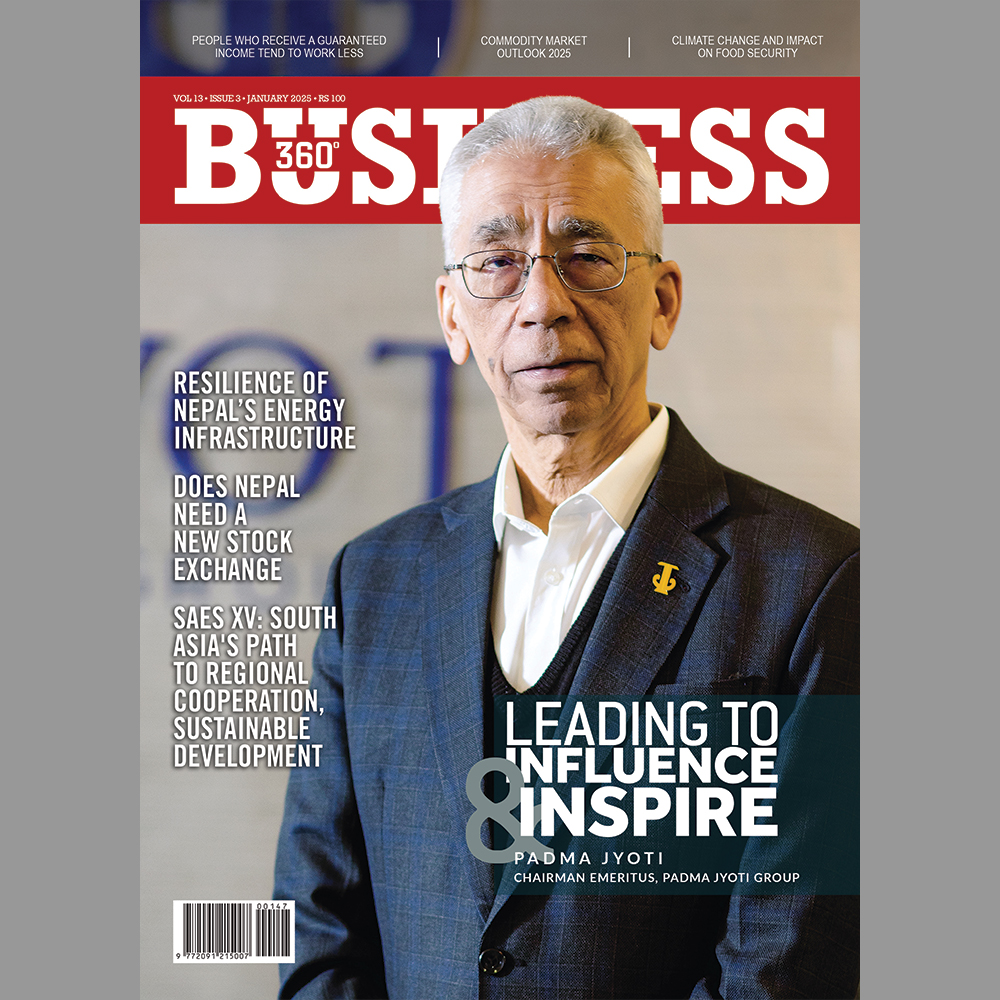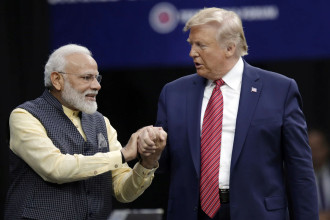
Media, known as the 'fourth pillar' of the democracy, bears the critical responsibility of safeguarding truth and transparency. In this digital age, a single piece of information travels at the speed of light, making the media's role significant and powerful. However, this powerful tool can quickly become a double-edged sword. Today, in the era of breaking news, a single word or action can swiftly make headlines. In their eagerness to break news first, many outlets sometimes prioritise speed over accuracy, planting the seeds of misinformation and disinformation. In a harvest of falsehoods, the truth struggles to bear fruit.
Disinformation, characterised by the intentional spread of false information, has seen its reach and impact amplified by digital transformation. Social media platforms, with their vast audiences and algorithms that prioritise engagement over accuracy, have become fertile grounds for the spread of fake news. In 2023 alone, a study by the Pew Research Centre reported that over 70% of adults in the United States encountered misinformation online. A Reuters Institute report in 2024 revealed that global trust in news media has declined to 40%, with accusations of bias, sensationalism, and complicity in spreading disinformation being the main reasons. This clearly shows that the media, once considered the gatekeepers of truth, are now viewed with scepticism by many.
In countries like Nepal, where internet penetration and the media landscape have expanded rapidly over the past two decades, the rise of digital platforms has enabled greater access to news and information. However, this challenge is compounded by low levels of digital literacy. Fake narratives, often targeting political figures, ethnic groups, or public health crises, can spread like wildfire. A recent survey by the Centre for Media Research Nepal highlighted that over 60% of respondents doubted the impartiality of news outlets, indicating that media credibility is in jeopardy. Without credible information, societies cannot make informed decisions, and democracies cannot function effectively. Therefore, media organisations, policymakers, and citizens must collectively recognise the problems and call for serious action.
The recent Gatthaghar accident involving a scooter and a truck resulted in the death of 65-year-old Uttam Koirala. Initial reports from authorities, amplified by media outlets, mistakenly identified the victim as a woman. This error, compounded by claims from a man who misidentified the deceased as a girl, led to public confusion and emotional distress for the wrongfully involved family. This incident has once again brought the accuracy and accountability of media houses into the spotlight, highlighting the challenges faced by the media in delivering timely and accurate information.
Similarly, during the 2021 Covid 19 pandemic in Nepal, misinformation about the availability of oxygen cylinders spread rapidly. News outlets, eager to report on the unfolding tragedy, amplified unverified claims, leading to panic buying and hoarding that worsened the situation. These incidents reveal a pattern where rushed and poorly verified reporting has far-reaching consequences, both for public trust and social stability.
The battle for credibility is not just a fight for the survival of journalism; it is a fight for the survival of truth in public discourse. In the rush to break news, some outlets reported unverified details that fuelled panic and misinformation, complicating the public’s understanding of the situation. The premature reporting not only misinformed the public but also created undue stress and harm. Such lapses undermine public trust in the media and disregard its credibility.
The media is tasked with providing an impartial and accurate view of events. This role demands a commitment to careful fact-checking, especially in sensitive situations involving people's lives, ensuring that their reporting informs rather than misleads. Media entities must implement rigorous protocols for verifying information before publication. Training journalists in ethical reporting and fact-checking is essential. Additionally, authorities should ensure that initial information shared with the media is accurate and well-documented. By prioritising accuracy and accountability, the media can fulfil its role to disseminate truth and be a force for positive change.
The choice is clear: the time to act is now.






